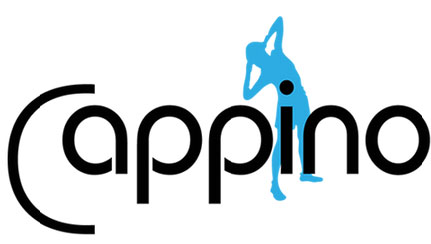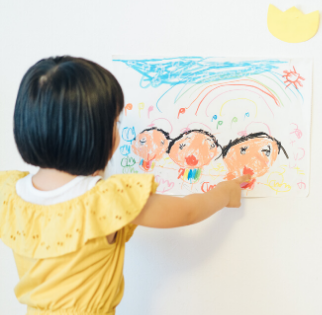Just as I continue to advocate about the need to talk with children about death and dying, given the experience we are currently living through, I thought it might be helpful to provide some clear suggestions about how to navigate some conversations related to COVID -19:
Fill up their tool kit:
Children already have experience with fearful situations such as transitioning to a new school or engaging in a new activity. The best tools we can offer is to provide information in an honest manner – we can let our kids know we were feeling scared too, but now we have learned how to keep ourselves and others safe: it’s called social distancing – keeping ourselves away from groups of people like schools or community groups. By doing this, we are modelling how to effectively cope through these trying times.
Actions speak louder than words:
Children learn far more by what they see than what they hear – so running to the stores and hoarding items without any explanation can prove very scary to children – particularly for those children who already have a propensity towards anxiety.
Explain what the Coronavirus is:
Using age appropriate terms, you can tell your children it’s not like a cold or other flus. This is a new virus that scientists (people that study illness) are still learning about, which is why we have to be extra careful right now. Then stop talking – let them lead the conversation/ask questions – it will give you a good idea of what they are thinking/feeling.
How much information is too much?
While honesty is very important at any time, there is a lot of misinformation out there so try to limit the amount of TV/internet exposure as it may give children (and you) an exaggerated perspective on the reality of COVID-19. According to Health Canada https://www.canada.ca/en/health-canada.html “They do not need detailed information about events, but they do need to talk about their feelings. Let them know they can ask questions. Answer them honestly, but make sure the information is suitable for their age level. If you don’t know the answers, it’s okay to say so and together look for resources that can answer their questions.”
What can we do?
Keeping safe means washing our hands with soap and water A LOT. Explain that they can use their favourite song to sing while washing to help them remember how long to scrub. This will help towards avoiding getting sick. Remind them to cough into their shirt or elbow rather than their hands. It is also important that children try not to pick their nose.
Things to avoid
The Centre for Disease Control https://www.cdc.gov/warns adults to be aware of the stigma when talking to children about the coronavirus. “Viruses can make anyone sick, regardless of a person’s race or ethnicity. Avoid making assumptions about who might have COVID-19”. Therefore, please don’t tell your children that only older people contract this virus – as they may have a different definition of ‘old’ than you do.
Listen more than talk:
Please do not dismiss their fears by saying things like “don’t worry” rather, ask them what they are particularly worried about and help them problem solve together as to what things they and you can do together to help manage their worry.
Is there a ‘Silver lining?”
While these may be scary times, please remember that this can also be an opportunity to teach children problem solving skills, empathy and how to support one another through times of difficulty.
Be safe & take care of yourself and others,
Corrie Sirota
_____________________________________________________________________________________
Corrie Sirota M.S.W., P.S.W. OTSTCFQ, OPQ
Grief, Loss and Bereavement Specialist – Counseling & Psychotherapy
Clinical Director, Camp Jackie
corrie@corriesirota.com
www.corriesirota.com
Author of “Someone Died…Now What? A Personal and Professional Perspective on Coping With Grief and Loss” available on amazon.com
TEDx Laval Speaker – Loss and Found: Creating New Normals After Someone You Love Dies:
Co-Host of Life Unrehearsed on CJAD800 Sundays 4:00pm – 5:00pm EST
www.iheartradio.ca/cjad/shows/life-unrehearsed-1.2479283
*Parts of the information sited here were originally sourced from an article by Hayley Juhl, Montreal Gazette, Mar 14, 2020)

